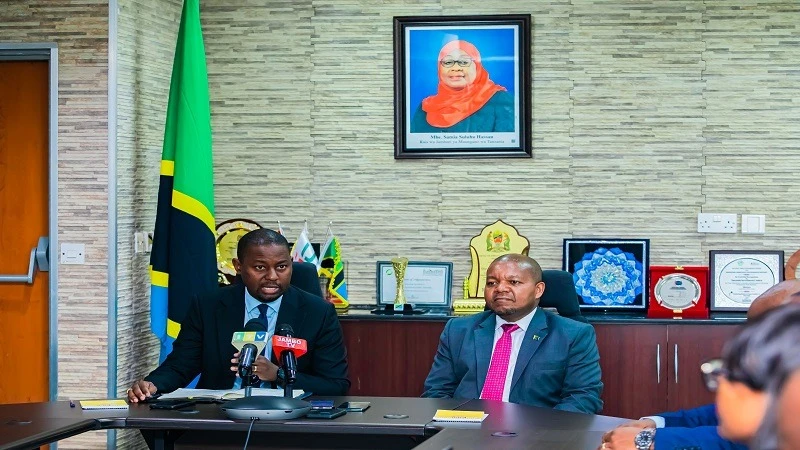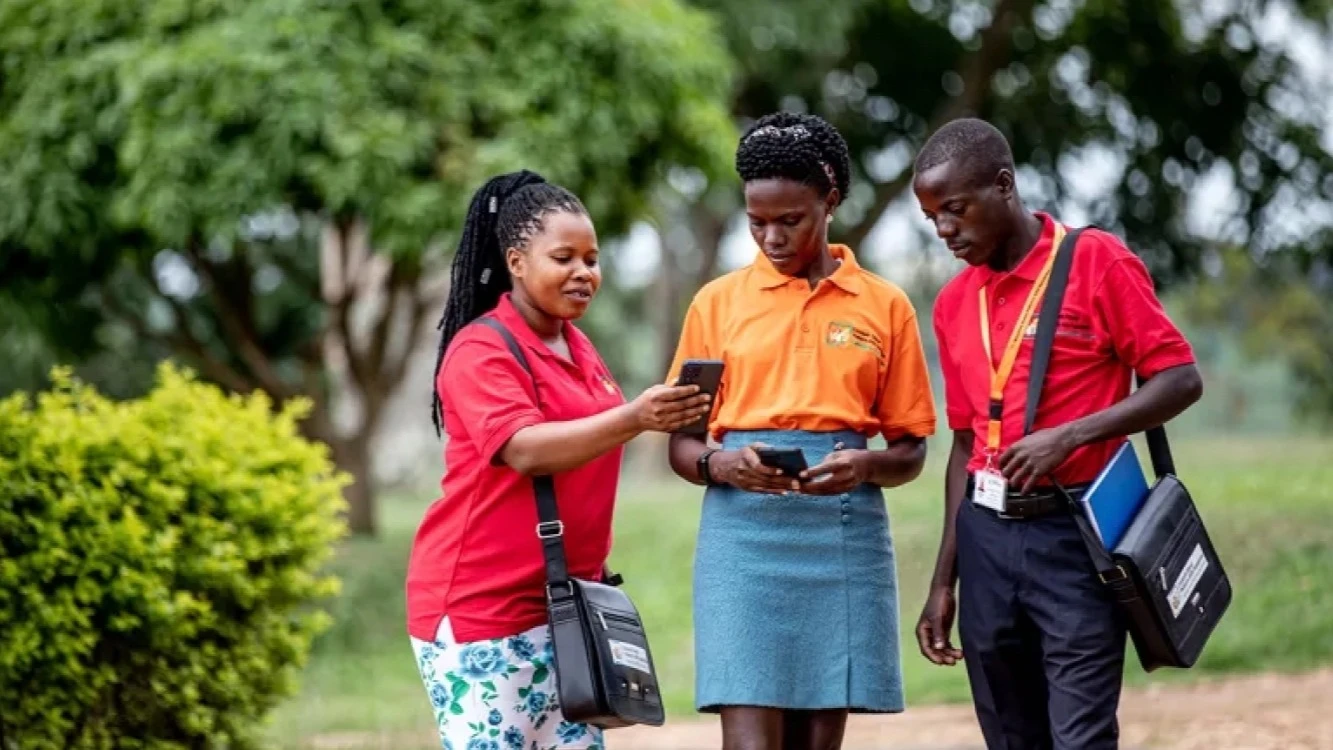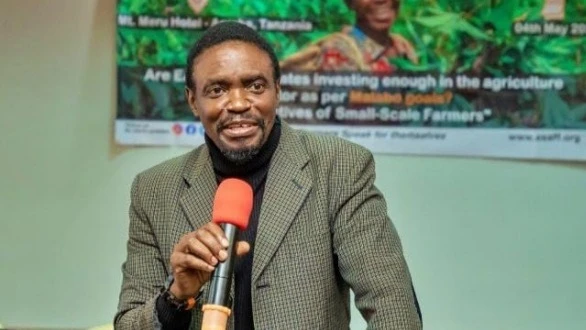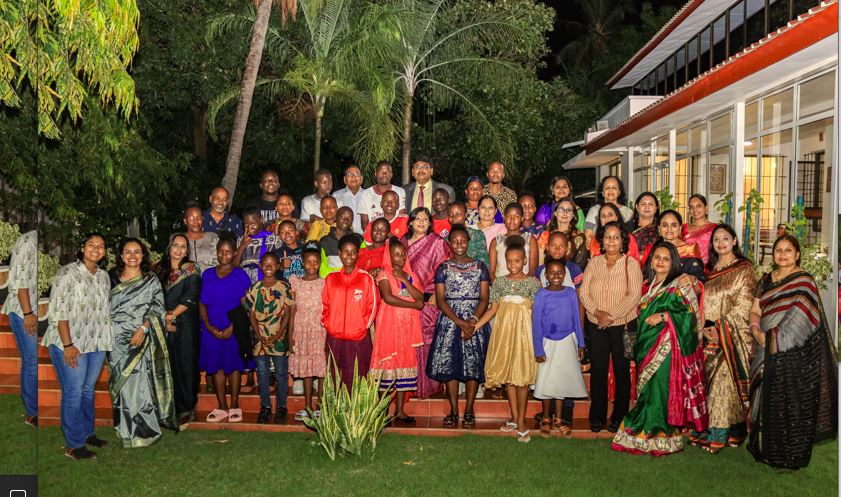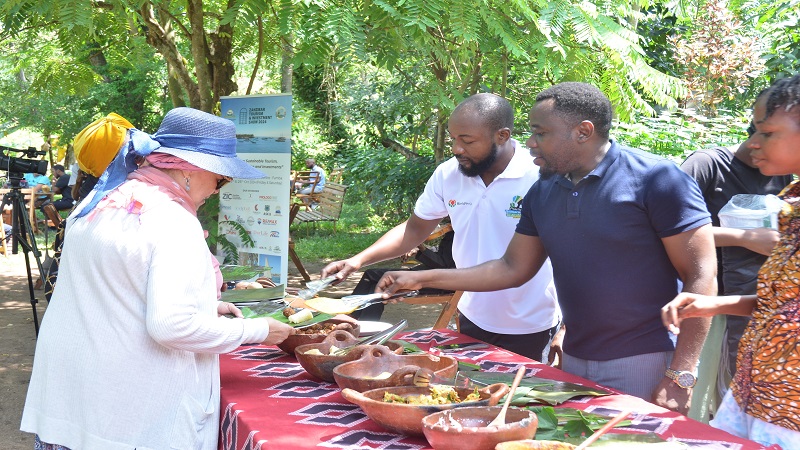Collaborative farming inhibiting elephants from raiding Tunduru District
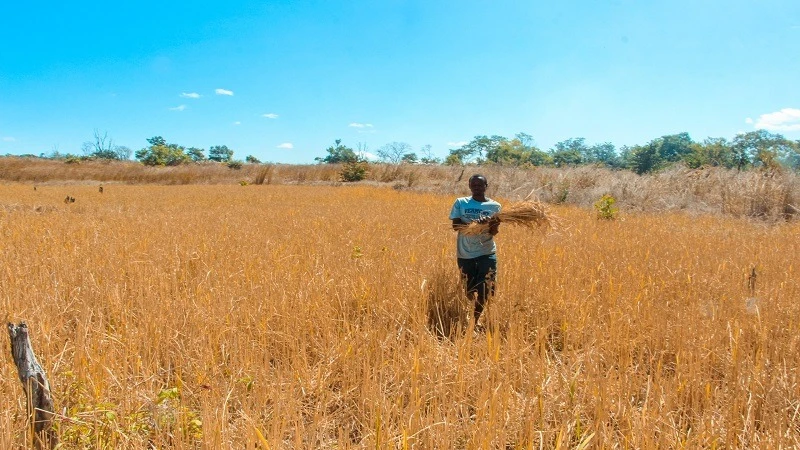
COLLABORATIVE farming is a formal arrangement where farmers cultivate their crops in a community farm to ensure enhanced security of the crops against destructive wild animals as well as improving their harvests.
In villages adjacent to national parks, Human-Wildlife-Conflict (HWC) challenges are more serious, posing threat to people’s lives and properties including crops.
Such villages are those in Tunduru District, Ruvuma Region whereas to control and reduce invasions into farms, villagers have resolved for joint farming ventures to be able to jointly protect the farms.
Wildlife damage to agricultural crops is a serious concern affecting people in Tunduru District as the villages are located near the Selous-Niassa Wildlife Corridor that connects the Selous Game Reserve with Mozambique’s Niassa Reserve.
In Ruvuma’s Tunduru District most of the villagers are farmers cultivating both cash and food crops thus contributing to economic growth. Cultivated crops include rice, green peas, sesame, maize, cashewnuts, groundnuts, sweet potatoes and many others. Tunduru has 157 villages and 39 wards.
Mbati Ward Executive Officer, Baslom Mnkondya, said the biggest challenge facing villagers is wild animals as they have been frequently entering into farms and sometimes attacking people and causing deaths.
According to Mnkondya, in the 2022/2023 financial year, crop damage by wild animals wasn’t that big compared to this year whereas between 150 and 300 people had their farms destroyed by elephants. In 2022/2023, between 87 and people had their farms destroyed.
“Elephants are attracted to the farms because of the availability of food. We are now encouraging villagers to start planting crops that elephants would not like to eat such as sesame,” he said.
He however expressed gratitude to the German Development Agency (GIZ) through the German Government (BMZ) for coming up with the Mitigation of Human Wildlife Conflict in Tanzania project to help them combat elephant’s invasions into their farms.
The three years project is implemented in the Ruvuma Landscape targeting rural populations in villages south of the Nyerere National Park and the Selous Game Reserve in the districts of Masasi in Mtwara Region, Namtumbo and Tunduru in Ruvuma Region.
“We are thankful to GIZ as they supporting government efforts; they have assisted us to establish joint farming ventures whereas farmers cultivate crops at one specific area, thus becoming easy to protect the farm against wildlife,” said the Ward Executive Officer, adding through such kind of farming villagers have harvested more compared to previous years when GIZ had not started to implement the project.
Mnkondya said the community farm which is estimated to be 200 acres accommodates between 15 and 50 people. He asked the government to continue helping them as well as stakeholders so that farmers can reap more harvests.
“GIZ has helped us a lot; they have supported three Village Game Scouts (VGS) to undergo training at the Community Based Conservation Training Center (CBCTC)-Likuyu Sekamaganga in Namtumbo District so that they assist villagers in keeping elephants out of farms,” he said, adding most of the affected areas are Ruvuma, Mwinyi, Mbati ya Leo, Muungano and Mandela wards and Jiungeni, Chapakazi, Nyerere, Kawawa villages
Asha Sadick is one of the Mbati villagers who is conducting her agricultural activities at the community farm, she acknowledged the support from GIZ saying their crops are no longer at risk of being destroyed by elephants.
“We collaboratively patrol the farm throughout the day. Men conduct patrols at night and are also using various methods to scare the big animals. With GIZ support we were able to make a chilli fence which has reduced the problem by 80 percent,” narrated Sadick.
She said that following bumper harvests; more villagers are now requesting to cultivate at the community farm.
Acting Tunduru District Executive Director, Bosco Mwingira said the district is located at the border between Tanzania and Mozambique, a situation that fuels HWC as elephants are always migrating from Mozambique's Niassa Park to Selous national park. He said when animals move from one area to another, they pass through people’s farms, thus destroying crops.
“We have a serious challenge of elephant invasion into farms; we are thankful to the support from stakeholders including GIZ as villagers are now cultivating on community farms and can easily guard the farms,” said Mwingira.
He added: “With the joint farming ventures farmers unite to patrol their farm and they are likely to harvest more crops this year as they had successfully managed to keep elephants out of their farms.”
Mkandu Village Chairman, Anafi Ally, said that villagers have resolved to jointly conduct agricultural activities to control wildlife. He added that so far 45 people have joined the farming arrangement and have successfully controlled elephants from invading their farms.
Farming together means that everyone has a farming area but we cultivate close to each other to easily protect crops, said Ally.
Shafii Msuya, Technical Advisor, Mitigation of Human Wildlife Conflict in Tunduru District, Ruvuma Region, said they are working in 30 villages across the region.
“Our project supports government initiatives in combating HWC whereas we are also working closely with the relevant ministries to prepare the National Human Wildlife Conflict Management Strategy (NHWCMS 2020-2024) that aims to improve coexistence between people and wildlife as well as to protect the communities' right to development and well-being with conservation.
He added: “We empower communities to reduce the negative impacts of HWC on their livelihoods and security”.
Top Headlines
© 2024 IPPMEDIA.COM. ALL RIGHTS RESERVED











